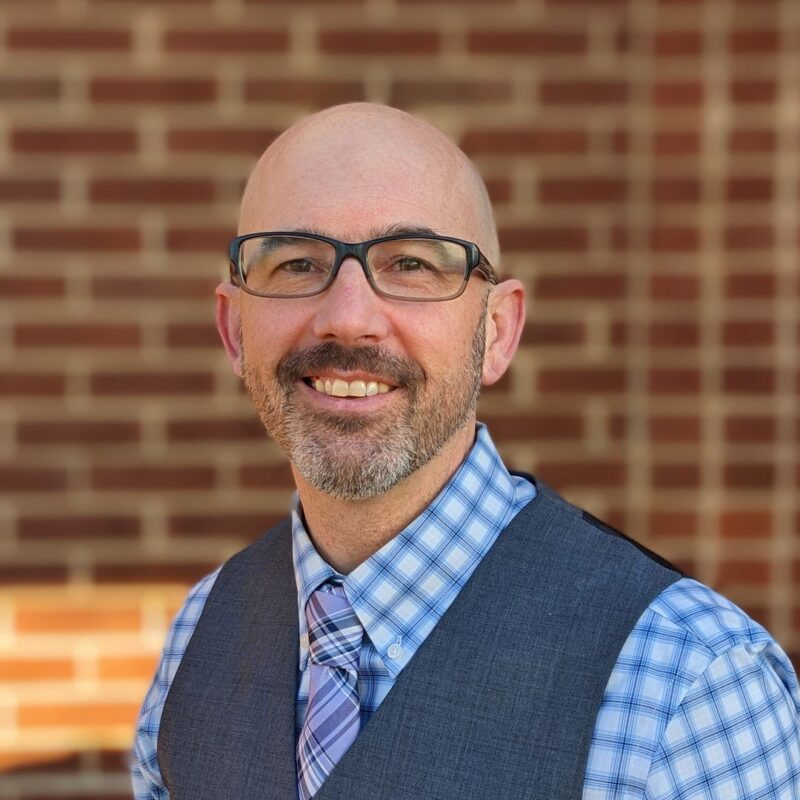On February 13, 2008, Carmello “Pee Wee” Martinez was sentenced to four years in prison for his role in a shooting that left a local 16-year-old in critical condition. Reportedly a member of the Bloods street gang, Martinez had pursued an argument from the Herman Key Recreation Center on Market Street to the Blue Ridge Commons apartment complex on Prospect Avenue, where he produced an AK-47 assault rifle. That gun ended up in the hands of Javier Garcia, who pulled the trigger and ultimately received a 12-year sentence for his actions.
|
Carmello “Pee Wee” Martinez was sentenced to four years in prison in 2008 on a firearms charge. Three years after his release, Martinez was arrested again. A search of his residence by Charlottesville Police turned up a nine-millimeter handgun, like the one pictured above. |
Last month, Martinez—now 22, released after serving three years of his original four-year sentence—was pulled over on Interstate 64 in Albemarle County. After law enforcement officials found 55 grams of cocaine, Martinez and a passenger were arrested and charged with possession of a controlled substance. A subsequent investigation by city police turned up something else: a nine-millimeter handgun, found during a search of Martinez’s residence on Michie Drive.
Given his criminal record, the handgun could carry a minimum five-year sentence if Martinez is convicted. (A preliminary hearing scheduled for last week in Charlottesville General District Court was postponed until April 14.) While the Bureau of Alcohol, Tobacco, Firearms and Explosives (ATF) traces Martinez’s handgun to find its original point of sale, it’s worth asking how difficult it is for convicted felons in Charlottesville to obtain guns.
The numbers suggest it isn’t difficult at all. In the last year, Charlottesville police made 58 arrests for “weapons law offenses”—a phrase that covers everything from misdemeanor concealed weapon charges to brandishing a firearm to shooting from a car. Of those arrests, one-in-three were for possession or transport of firearms by convicted felons, a number that includes Martinez.
The process is also a quick one. For more than 20 years, Virginia State Police have conducted background checks for licensed firearms dealers. The check takes roughly two minutes to complete. From 1999 to 2009, Virginia police conducted nearly 2.4 million checks for firearm permits and purchases, and denied 28,120—roughly 1.2 percent of all applications, according to the U.S. Department of Justice.
“He can buy one on the street,” says Bibb. “In Charlottesville, like many other places, there are guns available.”While an ex-con may not be able to buy from a licensed dealer, he still has options for acquiring a gun, says Charlottesville Police Captain Bryant Bibb.
One of the challenges facing law enforcement, then, is how to best prevent a proliferation of private gun sales on the street. Last year, the General Assembly failed to repeal Virginia’s one-handgun-purchase-per-month law, although Governor Bob McDonnell (a supporter of the original 1993 bill) was reportedly ready to overturn the law to allow more purchases.
The General Assembly once again failed to pass legislation to close the “gun show loophole,” which allows unlicensed firearms dealers to sell guns without conducting background checks. In February, the assembly’s Militia, Police and Public Safety subcommittee also tabled a bill proposed by Republican Delegate Jim LeMunyon that would require gun show organizers and dealers to display state and federal gun laws. The bill was partly intended to help combat “straw purchases,” the sale of guns to individuals who then resell to buyers who can’t lawfully purchase on their own.
Private transactions are not limited to gun shows. However, any secondary sale can cause difficulty, says ATF spokesman Mike Campbell, because the sale is not recorded.
“One of our goals is to find who the sources for the illegal gun market are,” says Campbell. However, past the original point of purchase, a gun’s journey becomes murky and says Bibbs, “there is virtually no requirement or way to track where it goes from there.” Or where it might turn up.
/PeeweeMartinez.jpg)





